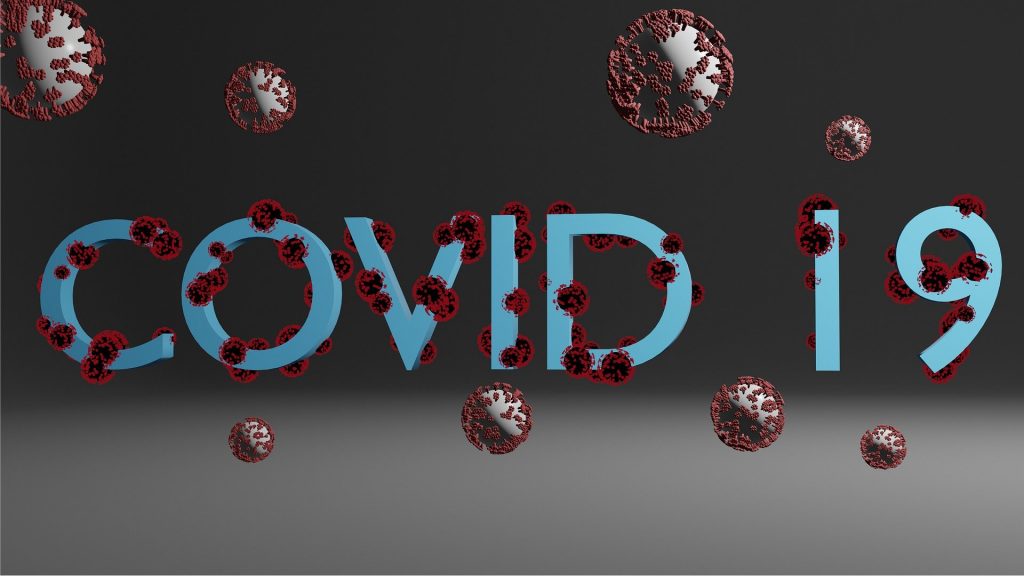A small-scale study of COVID-19 patients reveals that they saw their symptoms improve after using the over-the-counter heartburn drug. The study was published in the journal Gut.
Investigating the effect of famotidine, a potential treatment for COVID-19, on non-hospitalized patients with COVID-19, clinicians at Northwell Health and cancer researchers at Cold Spring Harbor Laboratory (CSHL) developed the method to use in addition to laboratory tests.
This outpatient approach addresses the need to care for the majority of COVID-19 patients who do not require hospitalization. The first clinical case series showed that famotidine may help patients with mild to moderately severe symptoms from COVID-19. Next, the team will test the drug in a randomized clinical trial.
Those who were enrolled in the study began taking “high-dose” famotidine, the non-brand-name for Pepcid, and their symptoms were tracked over the following days. Remarkably, all 10 of the volunteers reported an improvement in their symptoms within 48 hours, with many noting significant improvement within just one day of beginning the medication.
The results of this case series suggest that high-dose oral famotidine is well tolerated and associated with improved patient-reported outcomes in non-hospitalised patients with COVID-19,” the study reports.
The lead author of the study, CSHL Assistant Professor Tobias Janowitz, is a Medical Oncologist and a Cancer Researcher, who investigates the whole-body causes and effects of diseases. “The experience of a patient at one point in time is very valuable, but learning about the change in their experience over time is even more important,” says Janowitz. “Change indicates if the patients’ condition is getting better or worse. A graded symptom score enables the physician and the patient to track symptoms using numbers.”
Observing that for COVID-19, most symptomatic people do not require hospitalization, Janowitz and colleagues developed a 4-point scale for six common COVID-19 associated symptoms that patients score every day. Janowitz simplifies how the scale can help track the course of a patient’s disease:
“You may call up your doctor and say, I have headaches and shortness of breath, and am only able to do the basics for self-care, which would be grade 3 symptoms. If you still had the symptoms two days later, but are now able to do light work, these symptoms would now be scored at grade 2. This approach makes it very easy for you and your doctor to document that your symptoms are improving. The value of this approach from a research perspective is that experiences from many patients become comparable and can be pooled for analysis.”
If a drug speeds recovery, then most patients will report more rapid improvement of symptoms.
The innovations in this study are the product of scientists and physicians who never expected to work on a pandemic infection. But the collaborative, multidisciplinary approach is a hallmark of the strategic research affiliation between CSHL and the academic physicians at Northwell Health. Chief, General Internal Medicine, Northwell Health and Professor at the Feinstein Institutes, and a co-author on the study, Joseph Conigliaro says:
“There are a lot of things that we were doing that worked well in how we address this pandemic. I’m a health services addiction researcher. I didn’t think I’d ever be the person who would be studying this pandemic and this virus. And Tobias does cancer research. What we did is we used our existing tools and talents that were not specifically geared towards studying a viral pandemic, but we used it and modified it in ways that were very, very helpful.”
Symptoms common with coronavirus infections including cough, shortness of breath, fatigue, headaches, and anosmia were reportedly improved, as well as “general unwellness.”
Obviously, it’s worth remembering that this was an incredibly small sample size. There’s not much you can glean from testing just 10 people, and considering it wasn’t placebo-controlled or blinded in any way, the results of the study can’t be held in high regard.

